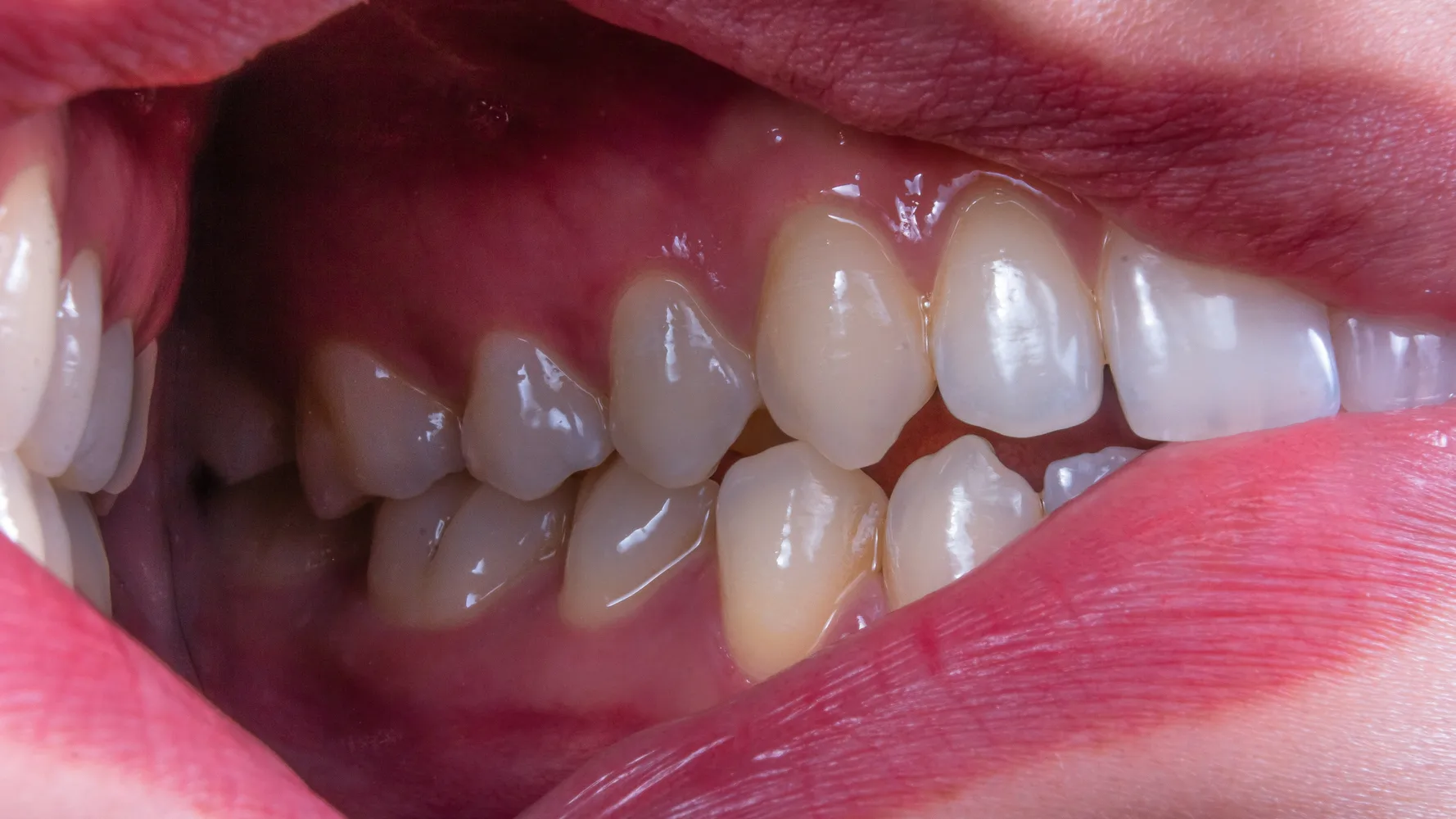By Amy Glover
Copyright huffingtonpost

A recent study has found that sticking to a Mediterranean diet might help to lower your risk of gum inflammation and periodontal disease.
And while you might already know that healthy gums are key to great dental health, it turns out that keeping the tissue healthy has been linked to a lower risk of everything from heart conditions to tooth loss, irritable bowel syndrome (IBS), and even depression.
But why are our gums, or the connective tissue in our mouths, seemingly so important to the rest of our health?
Is it down to the lifestyle choices linked to worse oral care (like eating lots of sugar), or is the disease itself the problem? I asked dentists to share their thoughts.
“Your gums are connected to your bloodstream”
We don’t know for sure whether worse gum health comes from people having preexisting health conditions, which can make looking after your teeth harder, or if they actually cause the problems to begin with.
But Harvard suggested that inflammation “seems to be the link”.
Speaking to HuffPost UK, Dr Jenna Chimon, a cosmetic dentist at Long Island Veneers, explained that gums are “living tissue connected directly to your bloodstream”.
So, when disease affects them, “bacteria and the toxins they release create a constant state of inflammation”.
She added: “That inflammation does not always remain contained in the mouth; it can also affect the rest of your body.”
Low-grade chronic inflammation has been linked to faster ageing and worse health outcomes; indeed, the Mediterranean diet study found greater body-wide inflammation alongside those with increased gum disease.
And oral surgeon and online educator Dr Jason Auerbach added that inflammation isn’t the only issue.
“Having diseased gums leads to circulating inflammatory markers and bacteremia, which is bacteria in the bloodstream, which is correlated to cardiovascular disease and other significant health issues,” he explained.
How can I improve my gum health?
“Lifestyle absolutely plays a role. Smoking, poor diet, and stress all make gum disease worse,” Dr Chimon said.
The damage could be partly done by factors outside of your gum health – for instance, periodontal disease might make you more reclusive, increasing depression risk – but Dr Chimon added, “poor gum health alone can cause issues regardless of how clean the rest of your habits are”.
Eating well, avoiding smoking, drinking enough water, and sticking to an oral hygiene routine (including flossing) go a long way, the experts advised.
But, as Dr Auerbach pointed out, “the fact is that once gum disease is present, it’s very difficult to reverse the situation”.
That’s why it’s important to attend “regular dental cleanings and dental maintenance” to prevent the issue from forming in the first place, and/or spotting it early.



